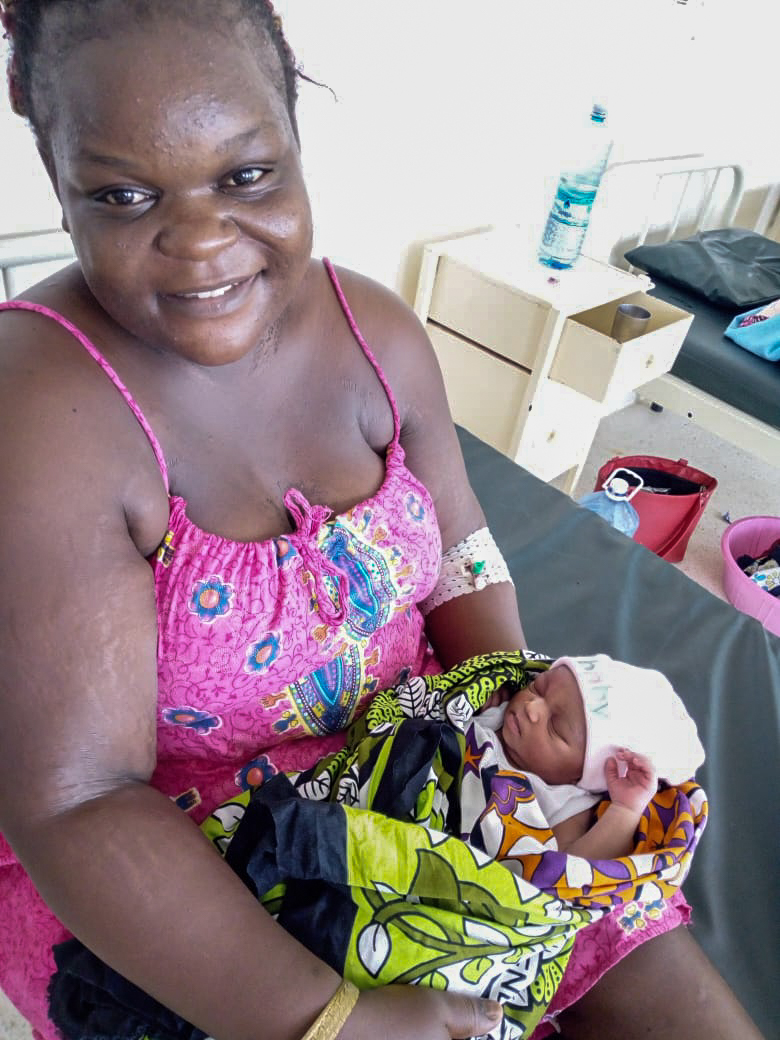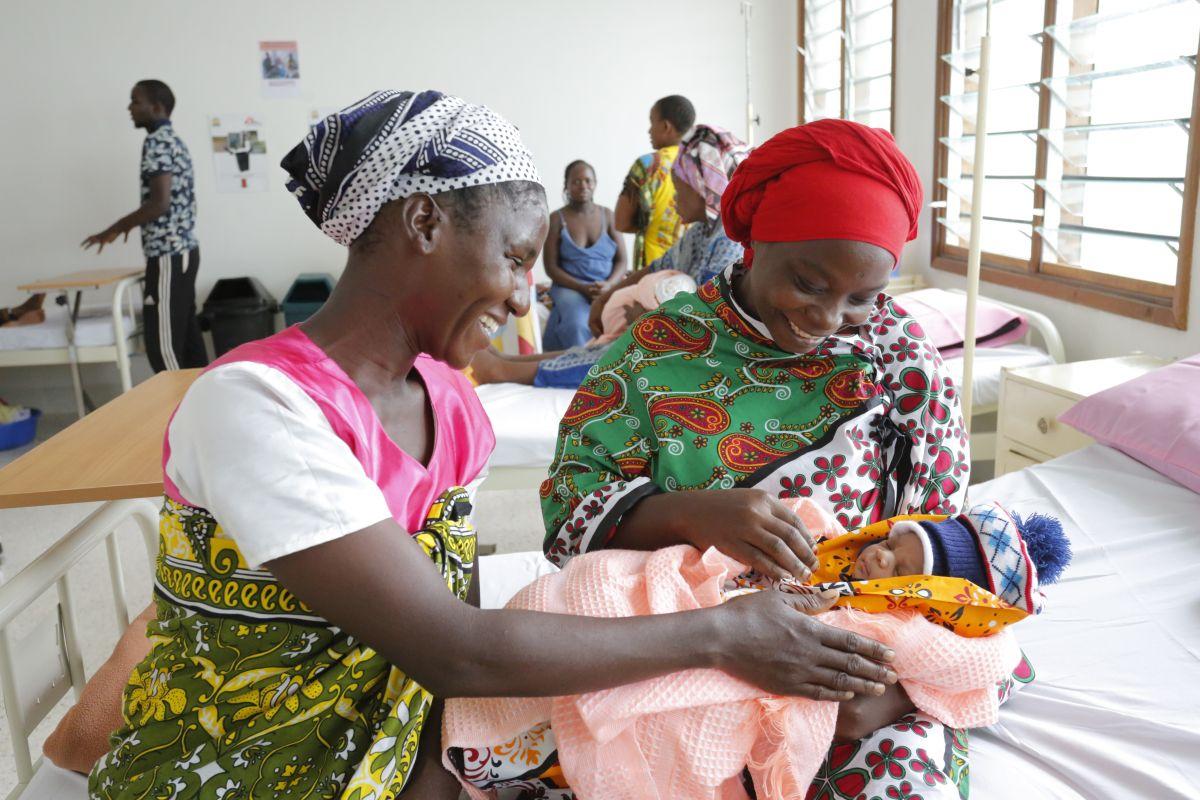Many expectant mothers can now deliver safely in Likoni without having to cross the ferry channel to Mombasa after the opening of a newly-built hospital in Likoni, after a two-year expansion and equipping by the international medical organization Médecins Sans Frontières/Doctors Without Borders (MSF) in collaboration with the County.
The facility, which became operational on May 1, 2018 will be officially launched by His Excellency the Governor of Mombasa County, Hassan Ali Joho on Friday, May 25, 2018.
“We are excited by this new partnership that we feel will shape the sexual and reproductive healthcare services we offer in the county. This facility will employ various models that can be learnt and adopted even by other facilities in and outside this county that offer such services,” says the County Health Chief Officer, Dr. Khadija Shikely.
For two years, while running the construction works to upgrade the Mrima Health Centre, MSF set up a temporary shipping-container structure from where it ran outpatient and inpatient maternal and child health services.
“When we came in, there were no services for emergency obstetric and neonatal care in Likoni Sub County,” says the Head of Mission for MSF in Kenya, Stéphanie Giandonato. “Expectant mothers faced a risk of complications and even losing their lives during labour due to delays caused by a ferry crossing that they had to take to access maternal services in Mombasa island.”

Baby Lilian and her mother in MSF' Likoni Hospital.

In 2016 and 2017, in collaboration with the MOH, MSF assisted a total 9,346 deliveries in the temporary container facility in Likoni. Last year alone, heightened by doctors’ and nurses’ strikes witnessed in the country, MSF supported 7,873 deliveries including 1,656 caesarean sections. The medics tell of weeks when the facility had more than 250 deliveries.
The new structure has a 31-bed capacity for inpatients and professionally designed consultation rooms, which “create a more serene environment, with more space and improved medical fittings to cater for more patients and provide a better environment for mothers to deliver,” continues Giandonato. “This is part of MSF’s commitment to providing quality healthcare and emergency medical services in the county, ensuring that mothers can access professional emergency obstetric care and maternity services.”
In Kenya, MSF works in the counties of Homa Bay, Nairobi, Mombasa, Embu and Garissa in Dadaab Refugee Camp.
